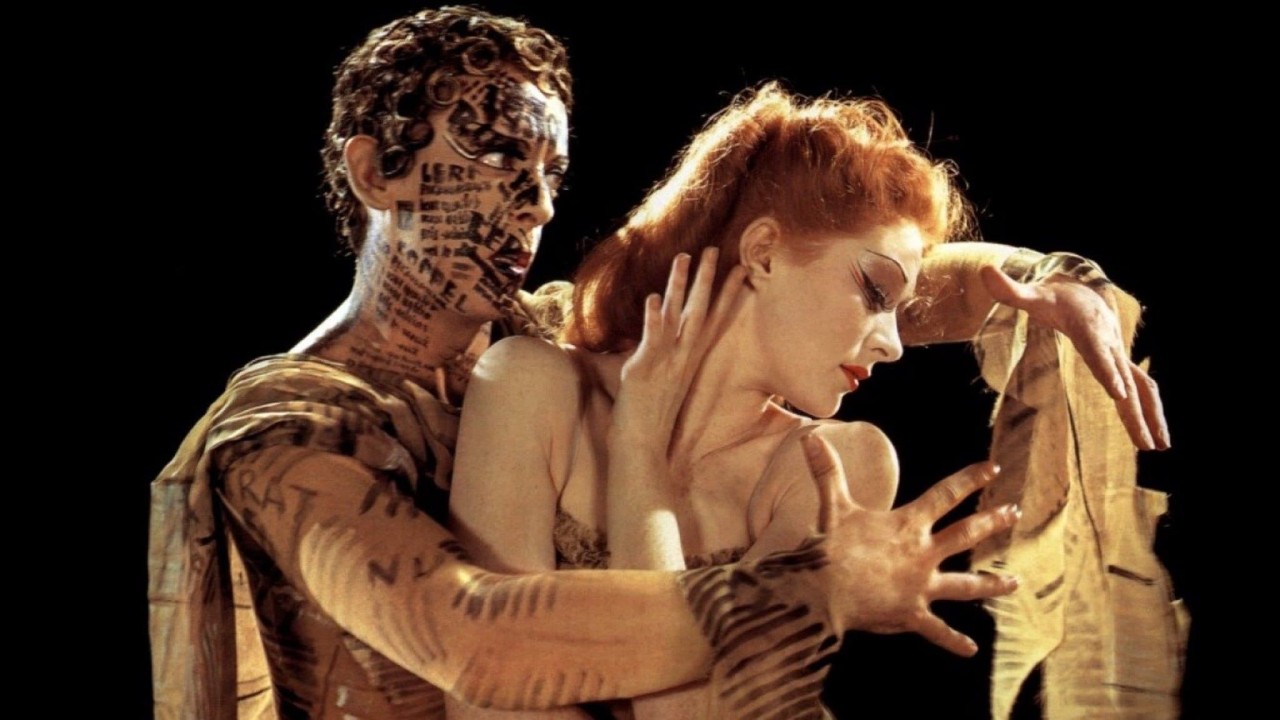by Dilys Powell
But don’t you think it’s too long? people ask, speaking of La Dolce Vita (The Sweet Life). Never too long, I say, for me.
Perhaps what the questioners are getting at is that Federico Fellini’s latest work has no sharply limited plot: no obvious terminus. An episodic film? The adjective suggests a broken movement, and I find that the action has on the contrary a strong single direction. Yet I don’t know what other word to use to describe a piece so varied in its incidents, its scenes and its people. It is the story of one character, a cynical young journalist who supplies a newspaper in Rome with the baser forms of gossip. Yet it isn’t the story of the character which gives the film value, it is the nature of the character’s encounters. And ‘story’ is too hard, too precise a word for this panorama of a man’s progress through a corrupt society.
The journalist pleasures a nymphomaniac in a room hired from a tart: pursues a gnat-brained, exhibitionist film star; observes the hysteria of crowds deluded by the lying claims of two children to a miraculous vision; ventures into self-conscious intellectual company and into the macabre gaieties of a decaying aristocratic household; leads a party of wealthy riff-raff in an orgy of violence and vulgarity.
There is satire, there is attack, but Fellini says he is not concerned with making social criticisms, he is concerned with communicating something he has known, something which demands to be communicated. It is the attitude of the true artist: rare enough anywhere, especially rare in the cinema. Fellini has not forced his material into a neat shape. He uses
it in huge bold chapters, each chapter independent enough to make a film on its own.
And rich enough. The strip-tease at the party to celebrate a divorce, the lunatic whims of the film star in the deserted, dark streets – these Roman nights are filled with phantasmagorical shapes, complex patterns of movement, sad, funny, menacing, beautiful. And they are followed by chill ghostly dawns. The call to the house of the suicide; the father’s ill-starred visit to the city (how affectingly composed, on the wide screen, the shot of the old man sitting, defeated and ill, in the cabaret-girl’s bedroom, his coat off, his back to the camera!) – these are the tragic signposts on the road towards the collapse of the journalist’s remaining convictions. There is, you see, a shape; but so dazzlingly accompanied that for a moment one does not recognise in it that old-fashioned thing, a plot.
I find two scenes where a faint monotony of pace gives the effect of pause: the opening of the miracle-episode, the opening of the orgy. For the rest I am not conscious of the passage of time, and scarcely conscious of the presence of professional performers: Marcello Mastroianni, Anouk Aimée, Yvonne Fumeaux, Alain Cuny, Anita Ekberg and scores of others, all extraordinary. I am conscious only of the passage of life: of a world created.
The Sunday Times, December 1960
Republished in Dilys Powell, The Golden Screen: Fifty Years at the Films




